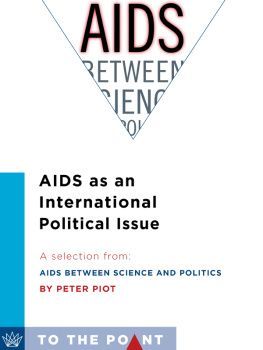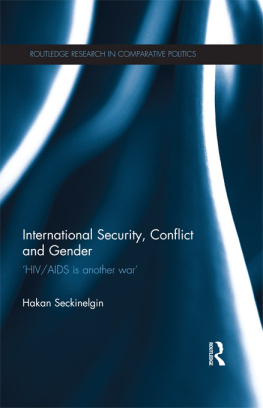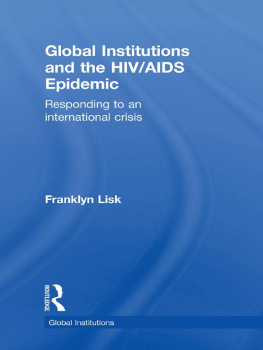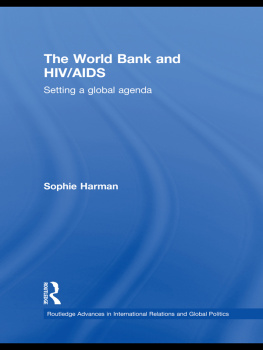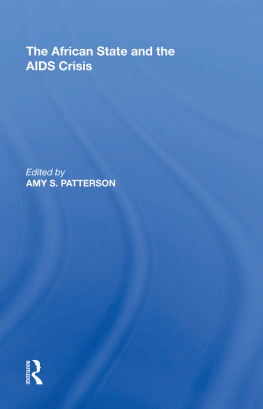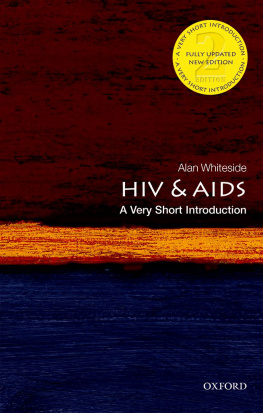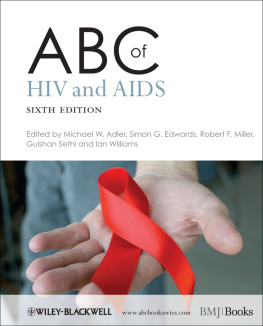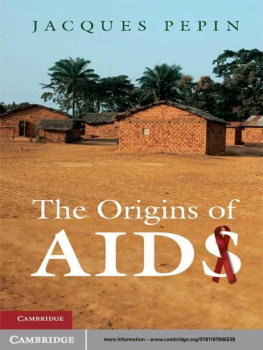First published June 2003 by Oxford University Press for
The International Institute for Strategic Studies
Arundel House, 1315 Arundel Street, Temple Place, London WC2R 3DX
www.iiss.org
This reprint published by Routledge
2 Park Square, Milton Park, Abingdon, Oxon, OX14 4RN
For the International Institute for Strategic Studies
Arundel House, 13-15 Arundel Street, Temple Place, London, WC2R 3DX
www.iiss.org
Simultaneously published in the USA and Canada
By Routledge
711 Third Avenue, New York, NY 10017
Routledge is an imprint of the Taylor & Francis Group, an informa business
The International Institute for Strategic Studies 2003
Director John Chipman
Editor Tim Huxley
Copy Editor Matthew Foley
Production Simon Nevitt/Shirley Nicholls
All rights reserved. No part of this publication may be reproduced, stored in a retrieval system or transmitted in any form or by any means, electronic, mechanical or photo-copying, recording or otherwise, without the prior permission of The International Institute for Strategic Studies. Within the UK, exceptions are allowed in respect of any fair dealing for the purpose of research or private study, or criticism or review, as permitted under the Copyright, Designs and Patents Act, 1988, or in the case of reprographic reproduction in accordance with the terms of the licences issued by the Copyright Licensing Agency. Enquiries concerning reproduction outside these terms and in other countries should be sent to the publisher.
This book is sold subject to the condition that it shall not, by way of trade or otherwise, be lent, re-sold, hired out or otherwise circulated without the publishers prior consent in any form of binding or cover other than that in which it is published and without a similar condition including this condition being imposed on the subsequent purchaser.
British Library Cataloguing in Publication Data
Data available
Library of Congress Cataloguing in Publication Data
ISBN 0-19-852912-0
ISSN 0567-932x
Introduction
The scourge of war still constitutes the greatest threat to human existence and well-being as we cross the threshold of the twenty-first century. So, at least, argues the distinguished military historian John Keegan. In Keegans view, war has overtaken disease and famine in the hierarchy of threats this world offers to human life, liberty and happiness. Many other regions of strategic significance may be similarly affected in years to come. At least in numerical terms, AIDS is becoming a far greater threat to human existence than armed conflict; in the next decade alone, the pandemic is expected to kill more human beings than all the combatants killed in the First World War, the Second World War, the Korean War and the Vietnam War combined. While this is not to diminish the continued relevance of more conventional strategic issues, it will be necessary to acknowledge new challenges including those emanating from outside the military domain.
First and foremost, the AIDS pandemic is undoubtedly a humanitarian and human security issue in the sense of bringing widespread suffering, impoverishment and death to millions of people around the world. This immense humanitarian dimension of the illness must ultimately guide our thinking about it, and inform the international response to it. Yet this should not lead policymakers to overlook the fact that the AIDS pandemic also has an important strategic dimension. Unlike many other illnesses, HIV/AIDS does not spread exclusively amongst the poor, the very young or the old; in many countries, it is also cutting through political, military and economic elites often affecting them at their most productive age. This aspect of the illness, compounded by the magnitude of the pandemic, means that in some countries HIV/AIDS is beginning to intersect with more traditional strategic concerns surrounding the deployment of armed force in international relations. Around the globe, members of the security sector are profoundly affected by, and important actors in, this wider AIDS pandemic. Consequently, the security sector will have to engage in more sustained efforts to anticipate the possible strategic ramifications of the illness in the years ahead, while simultaneously reflecting on how it can make a responsible contribution to international efforts to reduce the transmission of HIV In the case of HIV/AIDS, sound strategic planning and humanitarian concerns can overlap considerably.
The strategic dimension of the AIDS pandemic is currently emerging along two distinct but closely-related axes. The first revolves around the disproportionately high prevalence of HIV/AIDS in many countries armed forces. Several militaries in Africa and Asia are thought to have prevalence rates significantly higher than those of their countries civilian adult population. In some African militaries, prevalence rates are estimated to be as high as 40% or 60%, raising serious questions about combat readiness and effectiveness. Some of these armed forces regularly participate in peacekeeping operations, contributing to the spread of HIV in the areas in which they are deployed and damaging the international reputation of these operations. The first question that emerges in relation to the long-term strategic implications of the AIDS pandemic, therefore, is what impact HIV and AIDS have on the armed forces in those countries where prevalence rates are high, and the domestic and international strategic ramifications of this in the long term.
The second strategic dimension of the AIDS pandemic is its potential to act as a politically destabilising force. The fact that, in many countries, HIV/AIDS is spreading amongst the elite and middle classes is giving rise to concerns about the long-term effects on the political, economic and social stability of states with high prevalence rates. Some combatants in recent armed conflicts may even have hoped that the illness would have precisely such destabilising effects. In Rwanda, for example, survivors of the genocide have claimed that HIV, passed through rape, was used as a weapon of war, aimed at subjecting victims to economic hardship, psychological stress, illness and, ultimately, death. Destabilising developments in one country could potentially induce more widespread regional instability, with concomitantly larger strategic ramifications not only for those societies directly affected, but also for actors with interests in these regions, and for those charged with maintaining international peace and security. It will therefore be necessary to reflect in greater detail on the extent to which the AIDS pandemic could also contribute to political instability, and, if so, where it might do so.
Despite the importance of these emerging questions, the debate about the strategic implications of HIV/AIDS remains in its infancy. It is also marked by two shortcomings. First, opinion amongst analysts and policymakers is polarised between those trying to portray HIV/AIDS as a strategic issue of catastrophic dimensions, and the more traditional strategic establishment that remains reserved about this designation, finding the strategic dimension of AIDS to be much less evident than suggested. While HIV/AIDS is clearly a humanitarian issue of almost unimaginable magnitude, there is controversy about the analytically more challenging and sensitive question of whether it also amounts to a strategic issue in the conventional sense of potentially contributing to the outbreak of armed conflict. Much of this disagreement has not yet been rehearsed in public, and critics of the core proposition that HIV/AIDS is a strategic issue have largely chosen to remain silent, hoping, perhaps, that the question will gradually disappear from the strategic agenda. Nevertheless, this sharp divergence in opinion points to the need for further research on the relationship between HIV/AIDS and the deployment of armed force.


